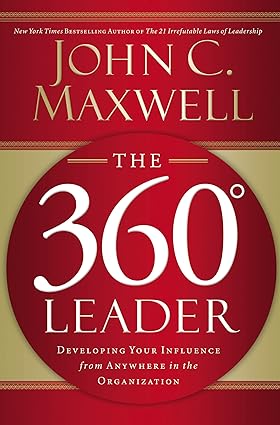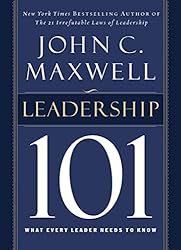Marcus Tullius Cicero[a] (/ˈsɪsəroʊ/ SISS-ə-roh, Classical Latin: [ˈmaːrkʊs ˈtʊllɪ.ʊs ˈkɪkɛroː]; 3 January 106 BC – 7 December 43 BC) was a Roman statesman, lawyer and Academic Skeptic philosopher who wrote extensively on rhetoric, orations, philosophy and politics, and is considered one of Rome’s greatest orators and prose stylists.[3][4] A leading political figure in the final years of the Roman Republic, Cicero vainly tried to uphold the republican system’s integrity during the instability that led to the establishment of the Roman Empire.[5] He came from a wealthy municipal family of the Roman equestrian order, and served as consul in the year 63 BC.
His influence on the Latin language was immense: it has been said that subsequent prose was either a reaction against or a return to his style, not only in Latin but in European languages up to the 19th century.[6][7] Cicero introduced the Romans to the chief schools of Greek philosophy[citation needed] and created a Latin philosophical vocabulary (with neologisms such as evidentia,[8] humanitas, qualitas, quantitas, and essentia),[9] distinguishing himself as a translator and philosopher.
Though he was an accomplished orator and successful lawyer, Cicero believed his political career was his most important achievement. It was during his consulship that the second Catilinarian conspiracy attempted to overthrow the government through an attack on the city by outside forces, and Cicero suppressed the revolt by summarily and controversially executing five conspirators. During the chaotic latter half of the 1st century BC marked by civil wars and the dictatorship of Gaius Julius Caesar, Cicero championed a return to the traditional republican government. Following Julius Caesar’s death, Cicero became an enemy of Mark Antony in the ensuing power struggle, attacking him in a series of speeches. He was proscribed as an enemy of the state by the Second Triumvirate and consequently executed by soldiers operating on their behalf in 43 BC after having been intercepted during an attempted flight from the Italian peninsula. His severed hands and head were then, as a final revenge of Mark Antony, displayed on the Rostra.
Petrarch’s rediscovery of Cicero’s letters is often credited for initiating the 14th-century Renaissance in public affairs, humanism, and classical Roman culture.[10] According to Polish historian Tadeusz Zieliński, “the Renaissance was above all things a revival of Cicero, and only after him and through him of the rest of Classical antiquity.”[11] The peak of Cicero’s authority and prestige came during the 18th-century Enlightenment,[12] and his impact on leading Enlightenment thinkers and political theorists such as John Locke, David Hume, Montesquieu and Edmund Burke was substantial.[13] His works rank among the most influential in European culture, and today still constitute one of the most important bodies of primary material for the writing and revision of Roman history, especially the last days of the Roman Republic.[14]



















